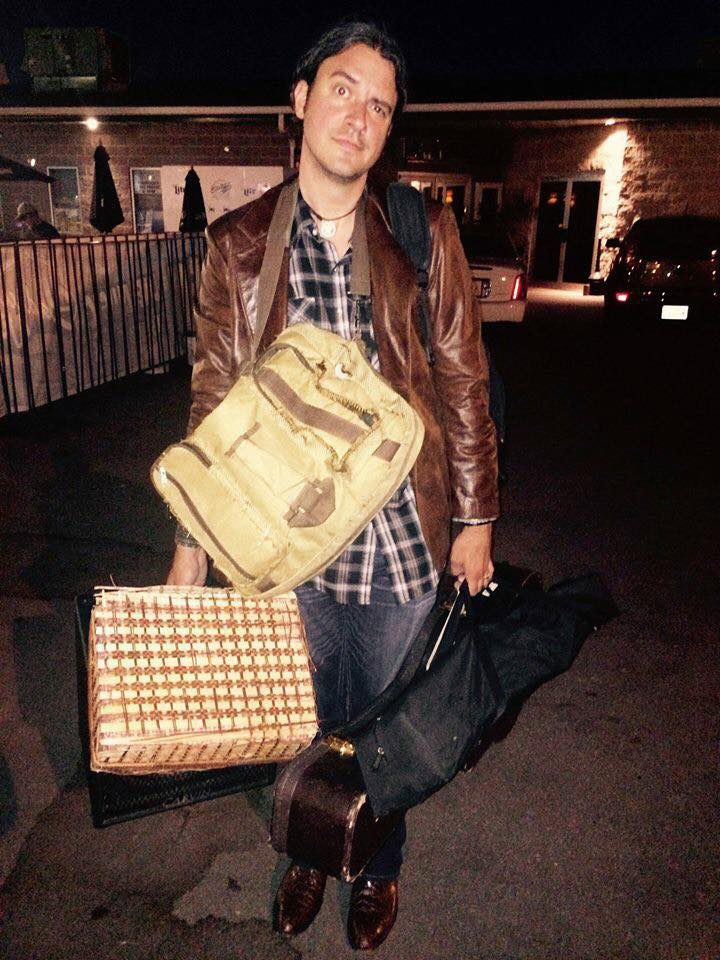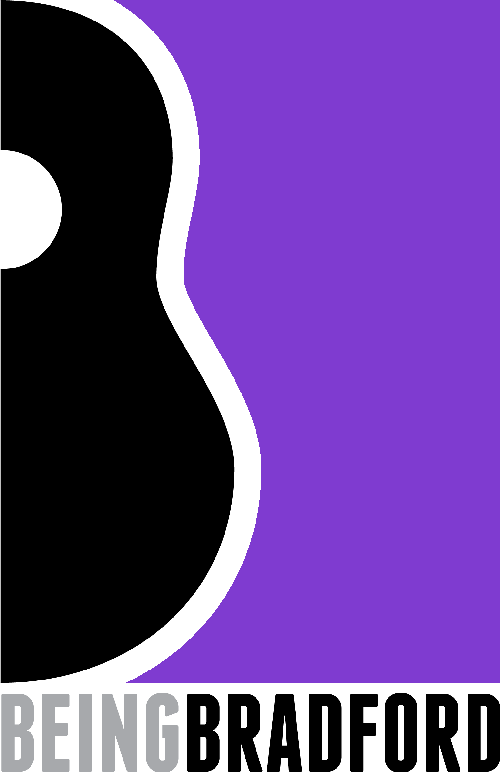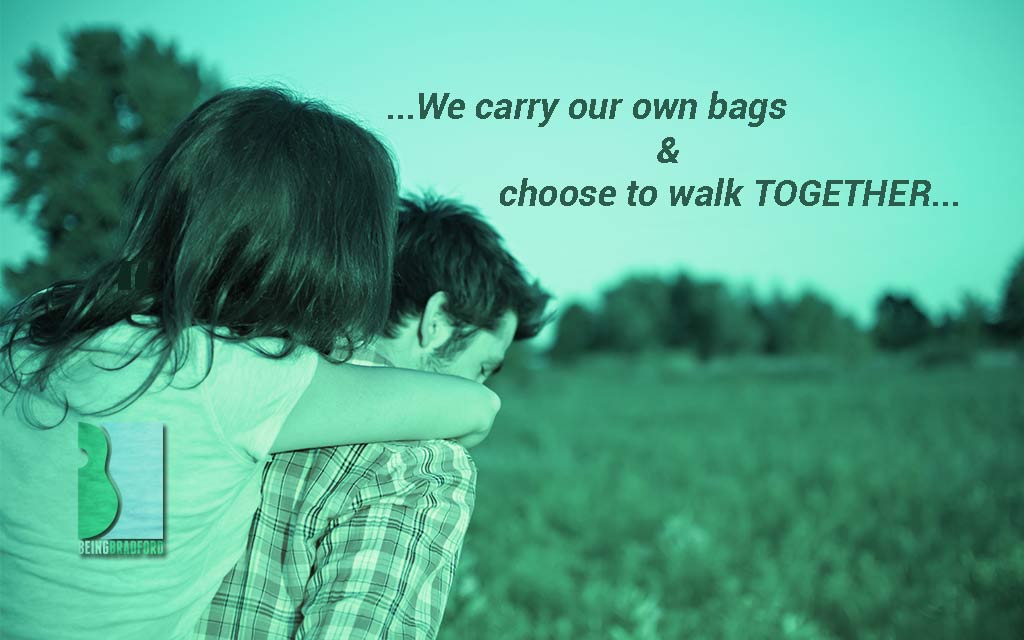Sometimes being big has its advantages.
I can reach things that are high on shelves…
My kids think I am a jungle gym. My wife can snoogle and feel safe. Other times it sucks.
Buying pants – near impossible. Either they are scraping the ground or I’m waiting for a flood. I rarely can buy shirts that fit. Size 15 shoes are a bit difficult to locate. But I think at times one of the most annoying parts of being big is that I have large hands.
This means that I am able to carry things…many things…and my family is aware of this.
I tend to have to do this all the time. If we go away for the weekend, I end up carrying everyone’s bags into the home. Grocery shopping leads to a two-trip unloading process involving 6 bags for the first load and then some awkwardly shaped stuff, like toilet paper and detergent the second. I tend to carry a lot for people.

Some people tend to be this way in various areas of their lives. They will carry the weight of the world, or at least try to carry the weight for loved ones. Unfortunately, no one can maintain this way. I had to learn early on in my career and personal life that I could not take on everyone’s energy and experiences.
I wanted to change the world when I decided to be a therapist. I wanted to “fix” people. I thought I could make that happen. I was wrong. I learned two major lessons: I can’t fix other people or their problems and I cannot carry the weight for them.
My father used to tell me that he would get upset with me for challenging his wisdom. He would tell me that he had already been through these troubles and challenges that I was facing at that time. My response as a young teen was something along the lines of, “But, look at how great you turned out…had you not gone through that you wouldn’t have learned and become the person you are now.” He may not even remember saying this, but I do. I think about it often.
I understood he was trying to protect me, but, despite his intentions, he was trying to carry the weight for me. I had to work through the problems to determine my own path.
It is often hard for parents or partners to watch their loved ones struggle without trying to fix the issue. But doing so often breeds dependency and the end result is a lack of confidence and character-building for the person facing the problem.
I used to think I could “fix” my patients’ problems. In all reality, I can help guide them through change by providing collaborative problem solving sprinkled with wisdom and academia. Yet, the individual continues to have to make a choice to change and then follow through. Only the individual can “fix” the individual. Note: No one is “broken”, rather, we are in varying degrees of progress and success.
I think the most challenging experience for me was accepting I could not “fix” my wife. She struggled with depression and wanted to die. She would scream it at me. She would isolate. She would sabotage our relationship. She was hurting. She loved me so much that she tried to push me away because she felt I deserved better. The more she would struggle, the more I would try to fix it. Hell, I was a licensed therapist so of course I could fix it.
I remember flying to Sierra Tucson, a treatment facility in Arizona, where Kerry was healing. I thought I was there for support. I was wrong. I was a patient, too. I walked into group and introduced myself as a therapist and husband to Kerry. The therapist challenged that I no longer was her therapist. I was offended initially but then realized he was right. He explained that I wasn’t even doing therapy. I was trying to take on healing Kerry but only Kerry could do that. I was so afraid to let go. What if she killed herself? I thought it would be my fault.
I thought I could not survive losing her. I thought I needed to simply try harder and say the right things to make it all good. I thought I can take on her anger and sadness. I can do everything around the house with the kids, bills, groceries, laundry, and on and on. I can be perfect and it will be okay. I can fix her. Wrong. Great intent, yet completely false.
This was the beginning of my healing. I ended up sitting in a room with Kerry, knee-to-knee. I told her that I no longer take on the responsibility of her healing. She turned to me and, much to my surprise, set her loving boundary that she no longer wanted me to take on that role as it was hers and hers alone. It was time to put down the bags. No more carrying, no more fixing.
Years earlier, my father learned that he could not protect me from the pitfalls that lay ahead.
Instead, he taught me that he had faith and confidence in me that I would make it through. (Although, I still believe he worries for each of his kids to this day…of course, out of love.) I learned I could not fix my patients. They were on their journey. I could be there as a guide and a supporter.
Most importantly for my personal life, I learned I could not heal my wife. It is not my life to live. I can only work on controlling my life and how I influence others. I learned to let go of control and instead extend faith and belief in others. Sometimes, this is what we really need. We need someone to believe in us. If we are awake, we realize the first person to believe needs to be ourselves. We carry our own bags and choose to walk together.
Message:
We cannot fix others and sometimes, despite our good intentions, we can cause more harm than good if we enable or control. Allow room for people to grow. Remember, you can always encourage and help someone up but understand they have to want to move first.
Tips:
Ask yourself if you are trying to carry someone else’s “bags.” You may realize it is time to set some responsibilities or worries down. It is time for you to extend love but set healthy boundaries with others so they learn to pick up their own bags. Walk with them, not for them.


How profound. Wish someone had told me that 40+ years ago when I thought it was my responsibility to “fix” my dad’s alcoholism and parent’s crumbling marriage by always being the “good” kid. It took me along time to get past that.
This is so me…. And I do it for friends, family, heck I did it yesterday for a woman at the post office! Lol.
This is helpful to me in my relationships with my grown children. Even though I feel like I want to fix the issues with their lives, I need to let them figure it out themselves. It’s really hard but better in the big picture. I need to find the line between support and depending. Gives me a new perspective. Thank you.